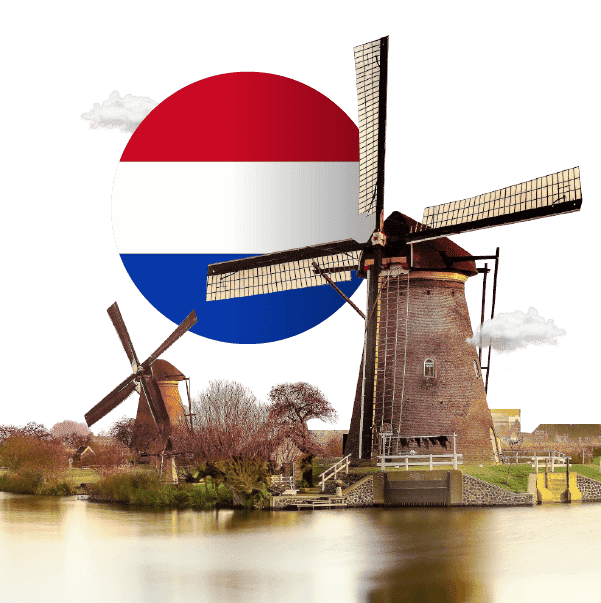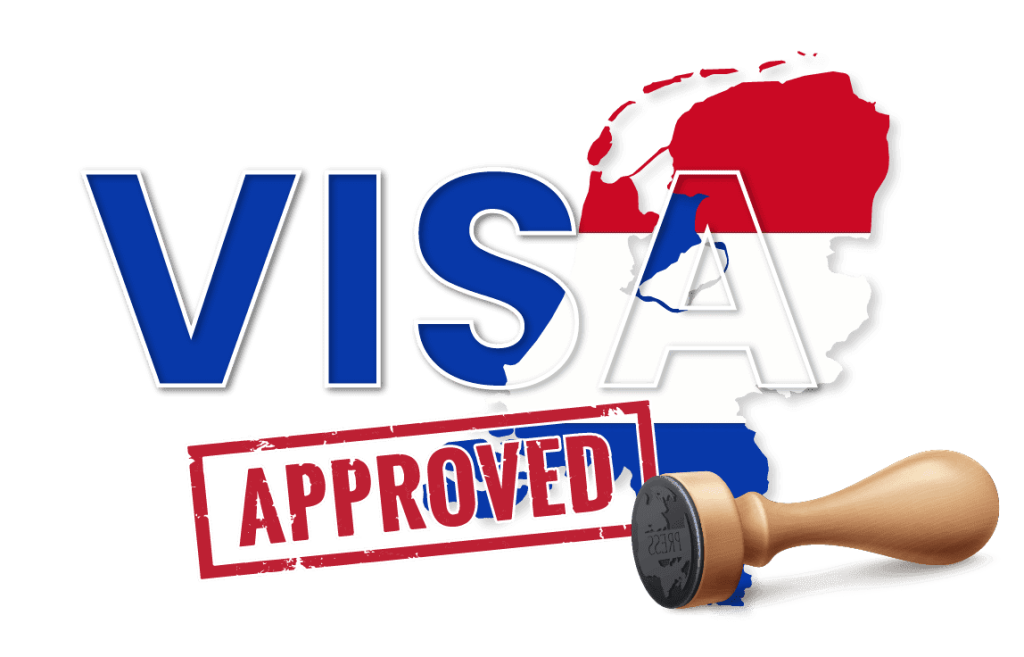Education System In the Netherlands
Higher education in the Netherlands is offered by two types of institutes – the research universities (universiteiten; WO) and universities of applied sciences (hogescholen; HBO). The universities of applied sciences comprise all general institutions, as well as institutions that specialize in a particular field of study such as fine and performing arts, agriculture, and educational training. However, the research universities comprise general universities, as well as technical universities. These study institutions offer bachelor’s, master’s, and PhD degrees.









